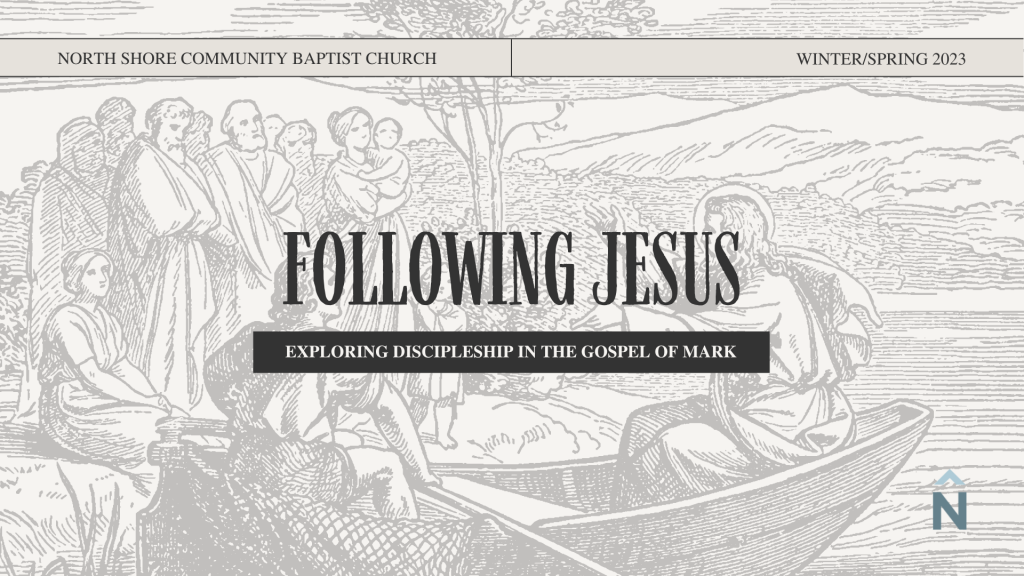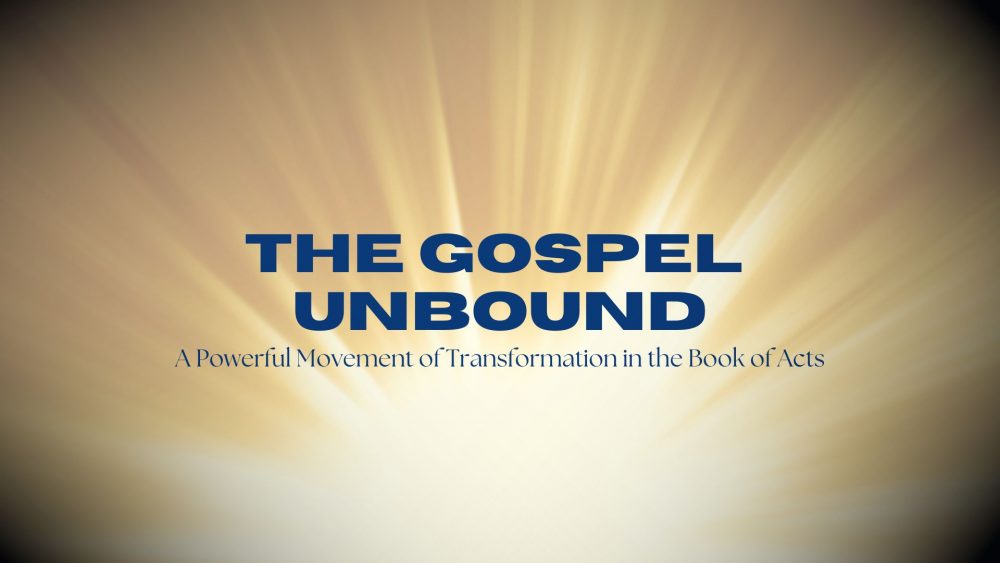Passage: Mark 2:13-17
Guide for Group Discussion or Personal Reflection
Read Mark 2:13-17:
He went out again beside the sea, and all the crowd was coming to him, and he was teaching them. 14 And as he passed by, he saw Levi the son of Alphaeus sitting at the tax booth, and he said to him, “Follow me.” And he rose and followed him.
15 And as he reclined at table in his house, many tax collectors and sinners were reclining with Jesus and his disciples, for there were many who followed him. 16 And the scribes of the Pharisees, when they saw that he was eating with sinners and tax collectors, said to his disciples, “Why does he eat with tax collectors and sinners?” 17 And when Jesus heard it, he said to them, “Those who are well have no need of a physician, but those who are sick. I came not to call the righteous, but sinners.” (ESV)
- Studies show that having deep relationships improves our brain function and our physical health and is actually the most important determining factor for a happy and fulfilling life. Why do you think that is?
- One of the best things that Jesus offers our lonely world today is the possibility of being part of a community. Describe what you think God intended Christian community to be.
- One of the things that the religious leaders objected to about Jesus was that he was always lifting burdens off of people and extending grace to them. Why do you think that bothered them so much? What does that tell you about them?
- Have you ever felt bothered by this aspect of Jesus? If so, tell about that.
- Tax collectors were at the absolute bottom of society, because of how they got wealthy off their own people’s misfortune and cooperated with their oppressors. Notice in v.15 that Levi wasn’t the only tax collector who followed Jesus. Many tax collectors became his followers. Describe what qualities Jesus must have had that they felt drawn to him and enjoyed being with him.
- In Jesus’s day, the people you shared meals with showed what you valued. Jesus repeatedly invited the lowest, most despised and outcast people in society to eat meals with him just as they were. What was this like for Jesus’s disciples, and what did they learn through it?
- To keep company with Jesus is to keep company with people and places we might rather avoid. Share an example of this from your own life, or share how you might begin to live this out.
- What did Jesus mean when he said, “Those who are well have no need of a physician, but those who are sick. I came not to call the righteous, but sinners”?
- If you’ve ever had a friend who saw you at your worst and loved you anyway, what did it feel like, and how did that experience impact you?
- If you were in conversation with someone who was interested in Christianity, but said, “You don’t know what I’ve done. I could never live up to the standards of Christianity,” how would you respond?
- David Zahl said, “The most lasting and transformative bonds between individuals are almost always sealed through weakness rather than strength, suffering rather than flourishing, vulnerability rather than nobility.” If you’ve experienced this, share what that was like.
- If a friend who doesn’t know the Lord asked you what was talked about at church this week, how would you respond?


